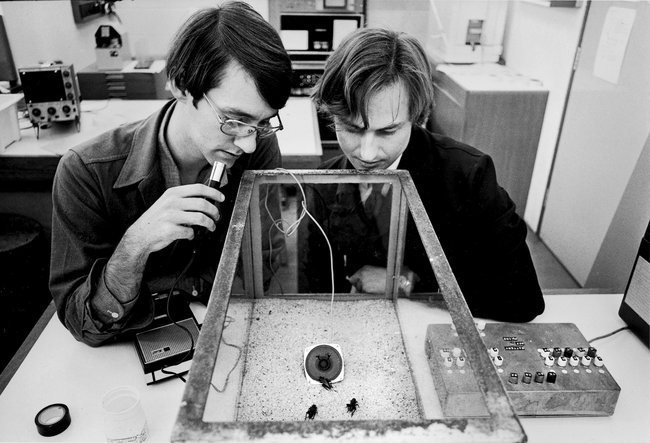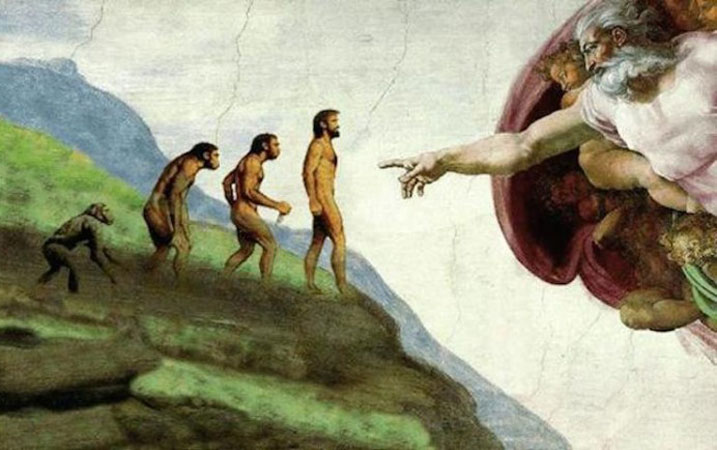Though the rain didn’t begin until nearly 10 this morning, by 3 pm the parkland had already returned to its creatures. A light drizzle, imperceptible in the wood, fell as I walked along the redolent paths, devoid of people except for a couple of kids riding their bikes home from school.
 The beauty of a wood always surprises one on a rainy day. Spoiled by sun most of the year in California (even during the rainy season one can usually expect two or three clear days a week), most people stay indoors when the weather turns inclement. I almost did as well today, but am glad I didn’t.
The beauty of a wood always surprises one on a rainy day. Spoiled by sun most of the year in California (even during the rainy season one can usually expect two or three clear days a week), most people stay indoors when the weather turns inclement. I almost did as well today, but am glad I didn’t.
There is the kind of solitude of being alone in nature, and then there is the kind of solitude where nature is alone, and something ineffable within and beyond nature is palpably felt.
A doe and her fawn stand leisurely in the middle of the stream, and are surprised by the human walking on the bank above them. The fawn is unafraid, but follows its mother as she effortlessly bounds up the steep bank on the other side.
A couple minutes later, a large woodland hawk swoops over and lands in a branch of an oak tree overhanging the park road. One sees them regularly and hears them often in the park, but not with such a sense of ownership of the place. At least today in this college town, the raptor has full tenure.
The drizzle stops, and I sit at a picnic table, pads from my daypack protecting my butt from getting soaked. The new foliage on the oaks, sycamores, and shrubbery grow vivid as one grows present. Walking again more slowly and consciously, I drink in the rich wet smells of new growth in wood.
Does sublimity emanate from the earth and is mirrored as reverence within the human being, or is the reverence awakened within a human being mirrored as sublimity in nature? Or both?
When the mind and heart effortlessly grow quiet, one comes into contact with the silence that precedes and encompasses all sound and noise. There is something unnamable beyond thought, but obviously thought must be completely quiet to contact it. Using words, it’s difficult, if not impossible to give even an intimation of that sublimity, indeed sacredness that lay beyond all words.
There is no personal God or separate Creator, nor, in the words of British evolutionary biologist and zealous atheist, Richard Dawkins, “any kind of supernatural intelligence that designed the universe and everything in it.”
However that does not mean we should be, as Dawkins reactively and conversely (if not perversely) says, “wholly mechanistic when talking about life.”
As a long-time student of human evolution, there are many things that Dawkins says with which I deeply agree. For example: “religions have miserably failed to do justice to the sublime reality of the real world.” I also share his outrage at the fact that “teachers all over America are being prevented by intimidation from teaching the facts of evolution.”
But Dawkins is mistaken when he declares that religion and science “are about the same thing…[that] both aspire to explain the universe, explain why we’re here, the meaning of life, and the role of humanity.” That statement shows that he understands neither the scientific nor the religious mind.
Science does rightly “aspire to explain the universe,” but science cannot and does not “aspire to explain why we’re here, the meaning of life, and the role of humanity.” In fact, neither does religion. That is the role of philosophy.
Religion, or more accurately, the religious mind, aspires to engender and nurture authentic feelings of mystery, reverence, sublimity and the numinous, which only the human brain on this planet is capable of consciously experiencing.
As important as science is, to the extent that it transgresses its limits and rightful place, it intrudes upon and diminishes the capacity of the human being for experiencing actualities beyond words and knowledge.
Dawkins derides the “voguish movement among many scientists” that maintains that religion and science are about different things, each having their place. Whether there’s “intelligence somewhere at the root of the universe is a scientific question,” he dogmatically pronounces.
“I put a probability value on the question of God,” Dawkins adds, thereby applying the same tool and mindset that insurance companies use with their actuarial tables to the most important question a human being can ask.
Like many less learned and articulate people, Dawkins confuses and conflates religions and religiosity. There is a vast difference between a comforting belief system upholding a separate, personal God, and awareness and doubt regarding an infinitely creative, inscrutable and immeasurable intelligence pervading nature and the cosmos.
The methods and tools of science obviously are obviously essential and have their place. However they do not apply to the first work of the human being—to fully awaken the potential for awareness that the universe, and the unknowable intelligence within it, evolved in the human brain.
Martin LeFevre

